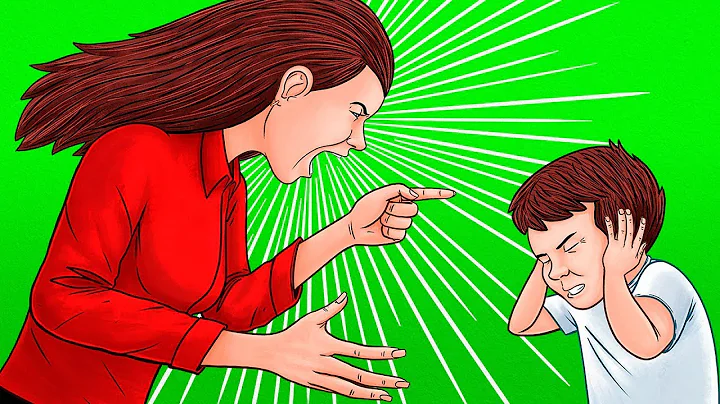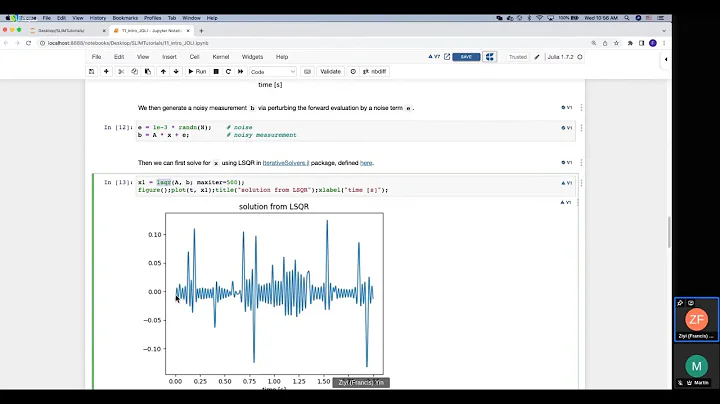: What should I do if my children don’t like to study and refuse to use their brains when faced with difficult questions?
"You can't even solve such a simple question? Wouldn't this... this... be enough!"
Teacher: What should I do if my child cannot concentrate and is always distracted when doing homework?
"Are you tired after reading for so long? Stop reading and eat some fruit first."
Teacher: The child always watches TV and plays with his mobile phone. Even if he is asked to read, he refuses to stand up!
"Dad, I have something to do. I'll give you my cell phone and go play for a while."
...
Parents, do you think the above scenes are familiar?
asked Xiao Jing, "What should I do if my child is distracted? What should I do if my child refuses to do his homework?" But at the same time, he unknowingly destroyed the child's attention and motivation to learn.
I believe that when saying these words, everyone’s starting point is good, and it is all for the sake of the children.
But in fact, parents may inadvertently "hurt" their children.
makes the child's ability to focus worse and worse, becoming a child who loves to be distracted in class and keeps making small moves.
So in order to prevent this situation from happening to children, the less people do the following behavior to their children, the better!


1

Frequently interrupting children
The simplest way to destroy a child's concentration is to constantly interrupt and distract him when he is concentrating on doing things.
Many parents feel that it is too late for their family to care about their children, so why bother them?
Every time a child does something, several adults in the family are always around the child. Bring him tea and water, fruits and cakes, for fear that the child will be hungry.
said after a while: "Let's have a drink of water."
asked after a while: "Do you want to eat an apple?"
But if the child is concentrating on doing one thing at that time, then every "concern" from the parents will become the child's "stumbling block" , disrupting children's progress.
For example, when a child is doing a math problem, after a long period of calculation, he finally figures out the answer.
The sudden appearance of a parent disrupts the child's thoughts. It takes a lot of time to refocus and enter a thinking state.
If this happens many times in a row, it will greatly reduce the child's confidence and interest in learning.

2

often nag and scold their children
Many parents have a straight temper, so when educating their children, they use more direct methods.
For example, if you see your child struggling with homework, you will constantly urge your child to finish the homework quickly.
But many children "get slower and slower".
In previous articles, we have repeatedly mentioned a psychological term called "over-limit effect" .
means that when a certain kind of stimulation is too much or too long, it will cause people to be extremely impatient, resulting in a rebellious psychology.
Parents who frequently nag and reprimand their children will continue to increase their psychological pressure and lead to some stress behaviors.
The simplest and most common thing is to close yourself up and shield yourself from external "noise".
At this time, any urging or blaming words from parents will be ignored by the children.
Over time, children’s attitude towards their parents will also be affected.

There are also some parents who, when they find their children in trouble, they will scold them and sometimes even hit them.
This also has a great impact on children.
Because in the growth process of a child, the ones who have the greatest influence on him are his parents.
So if parents have bad tempers and always show irritable and anxious emotions, their children will become the same.
loses his temper when encountering problems and cannot control his emotions. cannot concentrate on facing and solving problems.

3

Indulge children in using electronic products
Xiao Jing believes that all parents know that excessive use of electronic products is not good for their children.
But sometimes, we unknowingly "indulge" children in playing.
For example, when children are young, they are full of curiosity about everything and are very clingy to their parents. They often disturb adults when they are doing things.
In order to cope with their children and prevent them from disturbing their work or rest, some parents will throw their mobile phones and tablets to their children and let them play by themselves.
Or turn on the TV and let your children watch cartoons by themselves.
In other words, when children are on winter and summer vacation, parents still need to go to work, and children are not supervised by adults at home (or the elderly pamper their children), which will become a "high-risk time" for addiction to electronic products.
Parents are relieved, but if they do this often, it will cause great damage to their children's attention.

Those children who often watch TV, because they are used to the jumping pictures, find it difficult to calm down and concentrate on reading.
The University of Washington once conducted an experiment. They found 1,700 children and then observed them for many years.
found that for every hour of extra time a child watches TV from the age of 10 months, the risk of inattention, hyperactivity and impulsivity increases by 10% by the time he is seven years old.
So I would like to remind everyone that you must not underestimate the dangers of electronic devices, and you must limit the time your children use them.
Although Xiao Jing has repeatedly emphasized it, he has to admit that as a parent, it is difficult to supervise your children playing with mobile phones and watching TV at all times.
So be sure to remember three points:
The first is to reduce or even eliminate contact with electronic products for children before elementary school
The second is if you want to let your children play, set restrictions as much as possible, such as removing all charging equipment at home. Put it away. If the battery is exhausted, you can no longer play it, etc.
The third is to cultivate some interests and hobbies in children if possible, so that children have things they are interested in, peers to communicate with, and goals to practice and work hard on, which can reduce the chance of being addicted to electronic products.


For most children, if they want to obtain good concentration ability, light protection is not enough, but they must also learn how to cultivate concentration. There are actually many methods of
. Below I will give you some practical and effective examples.
(1) Play some games to train attention
There are many small games to train attention, including text games, parent-child activities and many other forms.
In fact, we can always integrate this concept into the small details of life, such as playing brain teasers with children. Parents can give questions to their children, or children can give questions to their parents.
encourages children to think more in a relaxed way.
Or take a short break after eating and play a small game with your children, such as guessing words with the back of your hands. The way to play
is for the child to close his eyes, and the parent to write on the palm or back of the child's hand (or on the back), and let the child guess what word it is.
Of course, it can also be reversed, with children writing and parents guessing.
In fact, these small activities are a good way to enrich life, and they can be done without a lot of effort.
Although everything is a small matter, if a family can persist for a long time, both parents and children will definitely be more fulfilling and harmonious.

(2) Create a good learning atmosphere
What exactly is a good learning atmosphere?
includes two aspects: home physical environment and family atmosphere.
The physical environment of the home refers to the environmental settings that can be seen intuitively, such as learning hardware facilities, the size of the desk, whether there is an independent learning space, etc.
The family atmosphere refers to the interpersonal environment that affects children's learning, such as parents' caring attitude towards their children, parent-child relationship, parents' learning role model, etc.
It can be said that the physical environment of the family will directly affect the child's learning status, and the family atmosphere will affect the child's long-term learning effect by affecting the child's learning motivation and interest.
(3) Carry out professional attention training
If we say, the above two points are some details learned from daily life to help children develop their attention.
Then the third point is the professional method, which can help children who have lost their attention or children who want to move to a higher level to scientifically exercise the brain area.
Jingsi's EEG biofeedback training can very well help children exercise their brains and develop their functions. The multi-point training method can fully develop the brain's overall neuron network.
Through such scientific training, children's brains can be tempered and improved in terms of attention, self-control, memory, reaction and so on!

Improving children’s attention is difficult, but there are good ways.
Parents don’t need to worry too much. It would be better to change something if it is not there. Rome was not built in a day, and having good concentration cannot be achieved in a day.
As long as we avoid some wrong thinking and use more scientific training, it will be difficult for children to be excellent~











![[Source: Jintai Education] Precipitate thinking and start again. In order to comprehensively improve teachers’ professional abilities, promote the organization and implementation of outdoor independent games in kindergartens, and promote teachers’ professional growth, Maying Kind - DayDayNews](https://cdn.daydaynews.cc/wp-content/themes/begin/img/loading.gif)









